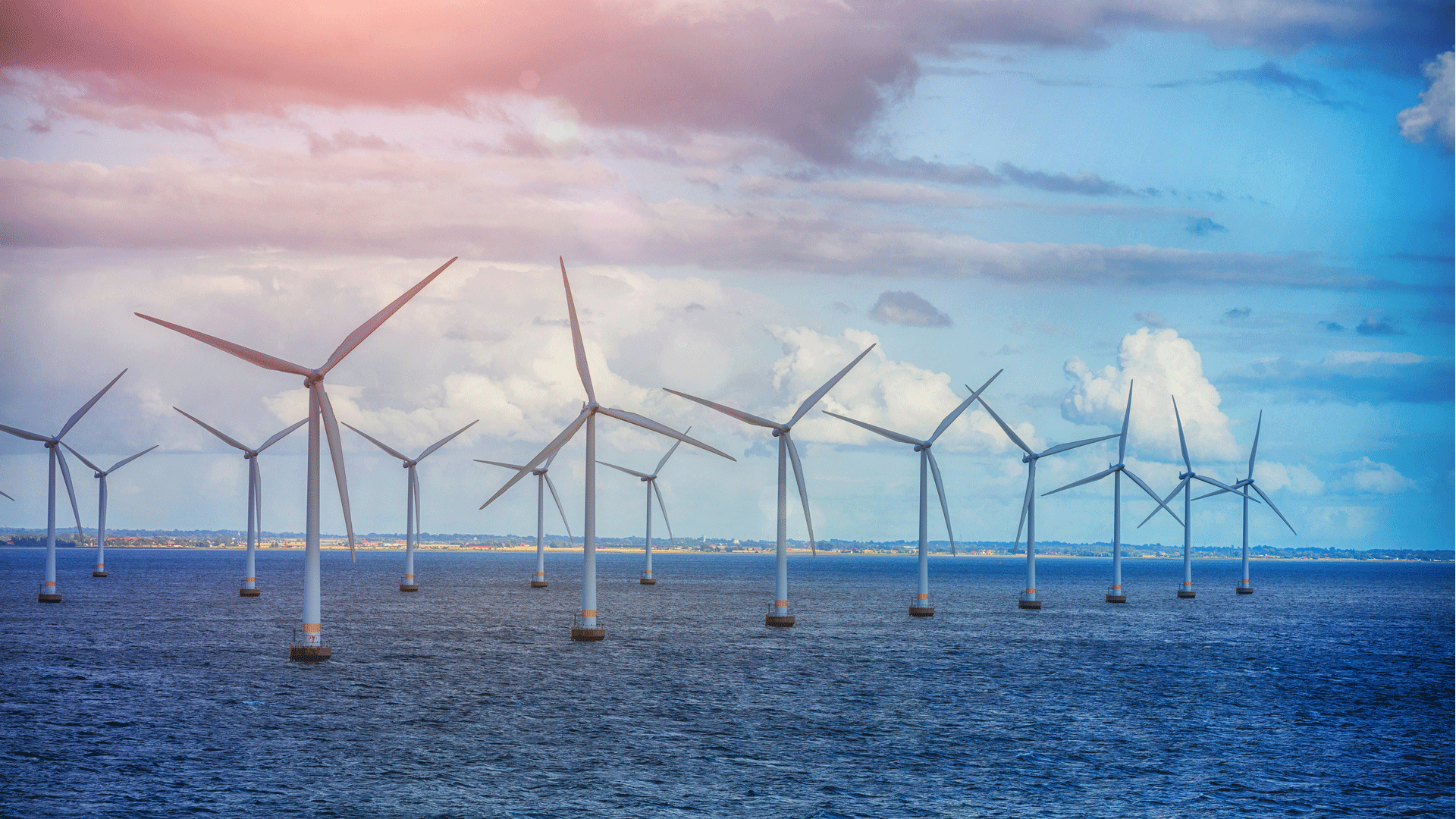In the sixth in our series of briefings following the passing of the Energy Act 2023 (the Act) on 26 October 2023, our team looks at the introduction of a new licensable activity for multi-purpose interconnectors (MPIs)
Multi-purpose interconnectors
In response to calls from the offshore wind industry to reform the offshore transmission regime, the government launched a review of the offshore transmission framework in 2020. One of the outcomes of the review was the need to facilitate the development of MPIs, a new type of subsea electricity cables that combine the features of interconnection and offshore transmission, connecting Great Britain’s electricity system to that of another country whilst enabling the connection of clusters of offshore power generators and/or substations. MPIs are expected to offer increased benefits in terms of lower capital and operating costs through shared use of transmission infrastructure, reduced environmental community and spatial impact (due to fewer coastal landing points), reduced curtailment, and better integration of renewables into the grid.
Given the hybrid nature of MPIs, a clear legislative framework is needed to enable their deployment. The Act now defines MPIs as a separate asset class, subject to a separate electricity licence. As with interconnector licences, holders of an MPI licence cannot hold a licence for another licensable electricity activity, thereby ensuring separation of different electricity businesses between licence holders, although Ofgem is yet to determine the exact operational requirements and level of business separation that will be required. However, by way of exception, the SoS has the power to grant an MPI licence to a person who holds an interconnector or offshore transmission licence at the time that the prohibition comes into force. Again, similar to interconnector licence holders, MPI holders must be certified by Ofgem as meeting the ownership unbundling requirements for independence from generation and supply activities or obtain an exemption from this requirement.
One of the key questions regarding MPIs is how best to use them for cross-border trading. To answer this question, Ofgem consulted on market arrangements for MPIs and published the summary of responses last year, with a further update expected later in 2024. Two key issues were considered: (i) trading arrangements – whether to adopt an implicit or explicit trading model for MPIs, and (ii) bidding zone configuration – whether generating assets connected to MPIs should be deemed part of the domestic bidding zone (‘home market’) and given priority access over cable capacity to transport output to their domestic market or whether they should form their own separate bidding zone (‘offshore bidding zone’) and compete with other market players in onshore bidding zones for access to the cable to all connecting markets.
Ofgem’s preferred option – implicit trading with offshore bidding zones – received majority support and remains Ofgem’s leading option, although it was acknowledged that its implementation presents challenges that require mitigation.
Another missing piece of the jigsaw is the support scheme for MPIs. Interconnectors in Great Britain are supported via the Cap & Floor regime, which is designed to limit the developers’ exposure to electricity market price risk. Before the Act was passed, in the absence of a clear regulatory framework governing MPIs and what they termed as ‘non-standard interconnectors’ and collectively ‘offshore hybrid assets’, Ofgem’s preferred regulatory regime for its MPI pilot scheme included a RAB-based mechanism for the offshore converter platform, and a narrow cap and floor for the MPI cable. The government is however yet to develop the enduring MPI regime, which it has said will consider the lessons learned from Ofgem’s pilot scheme. The government is also set to consider the participation of MPI assets in the capacity market scheme given that different revenue streams could be attributed to an MPI and the importance of ensuring sufficient revenue certainty whilst maintaining a level playing field.
At present, offshore wind projects connecting to an MPI are not eligible for support under the government’s Contract for Difference (CfD) allocation round 6 (AR6). However, extending CfDs to offshore wind projects connecting to an MPI will no doubt be considered for future CfD rounds, particularly as stakeholders have a clear preference for using CfDs over other mechanisms to compensate such projects if an offshore bidding zone scenario.1 The government recently acknowledged in a recent consultation on proposed changes to CfD allocation round 7 (AR7) that is view is that MPIs should be eligible for CfD contracts “where they demonstrate good value for money for consumers and wider benefits to the energy system”2.







